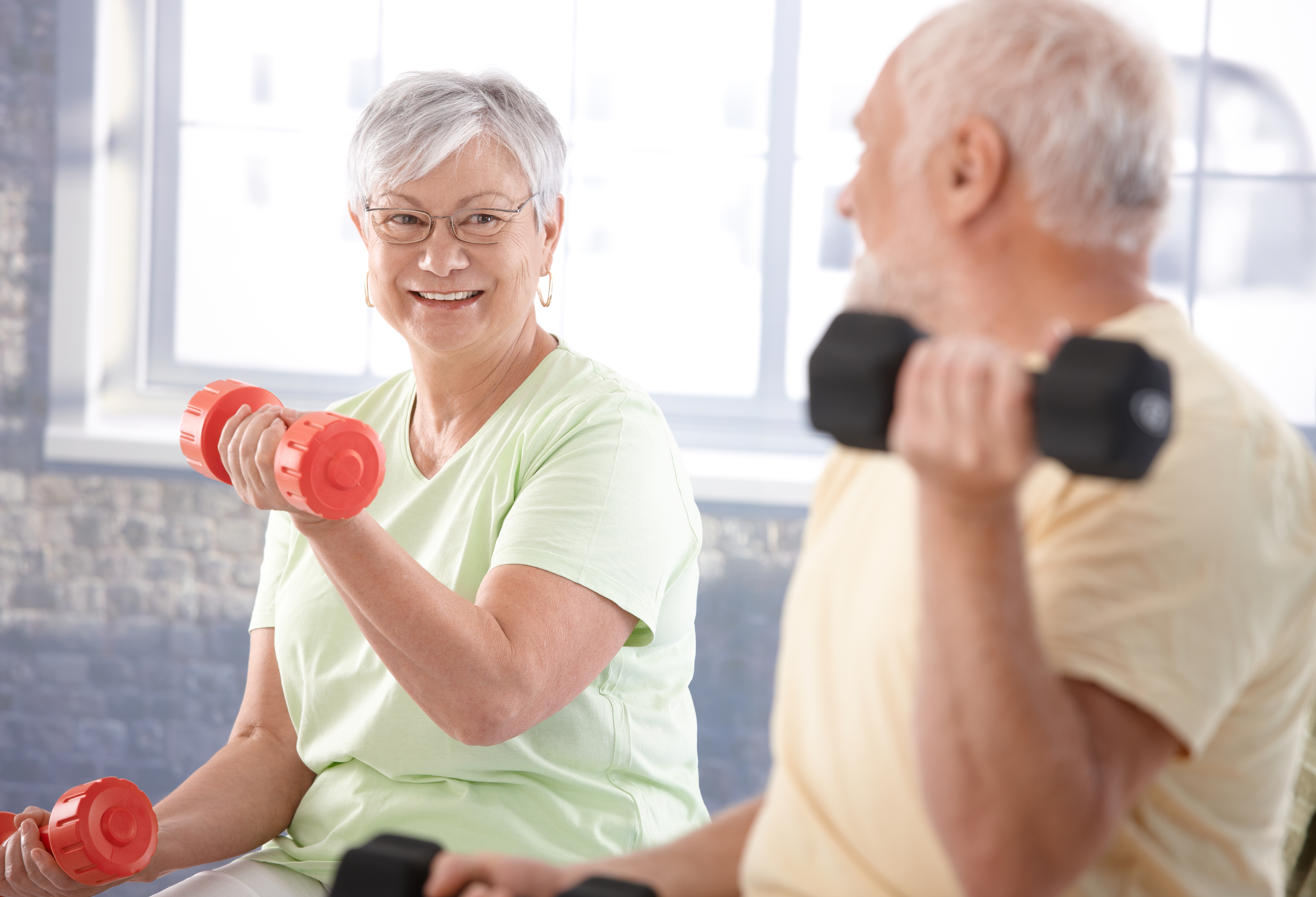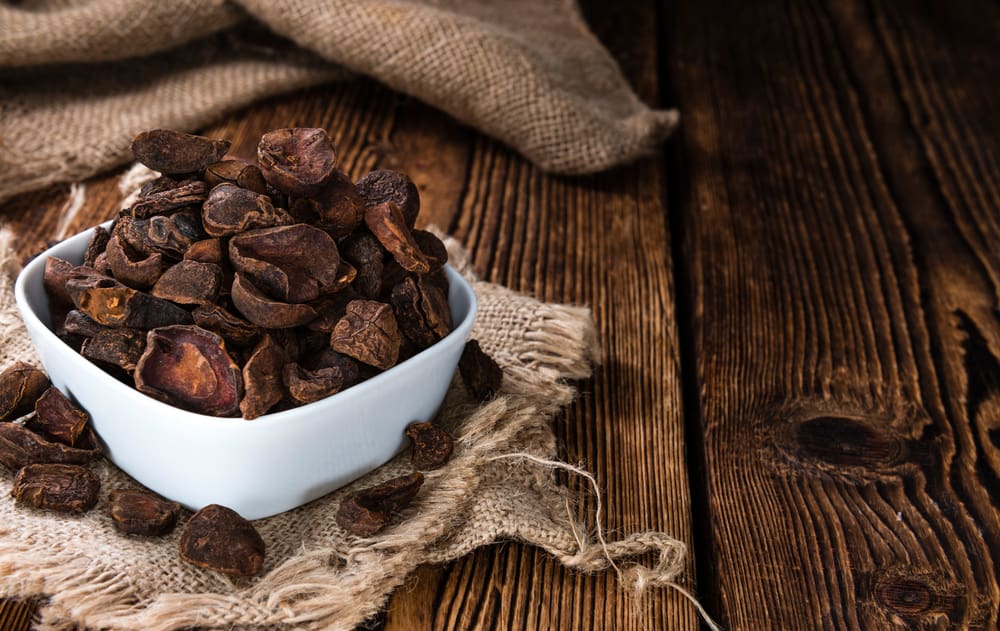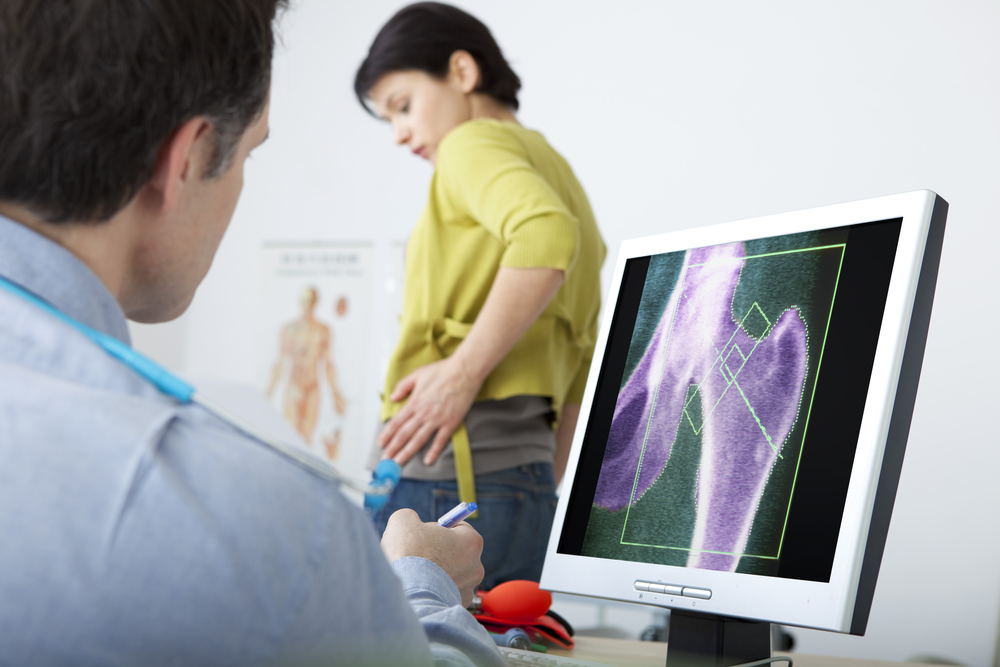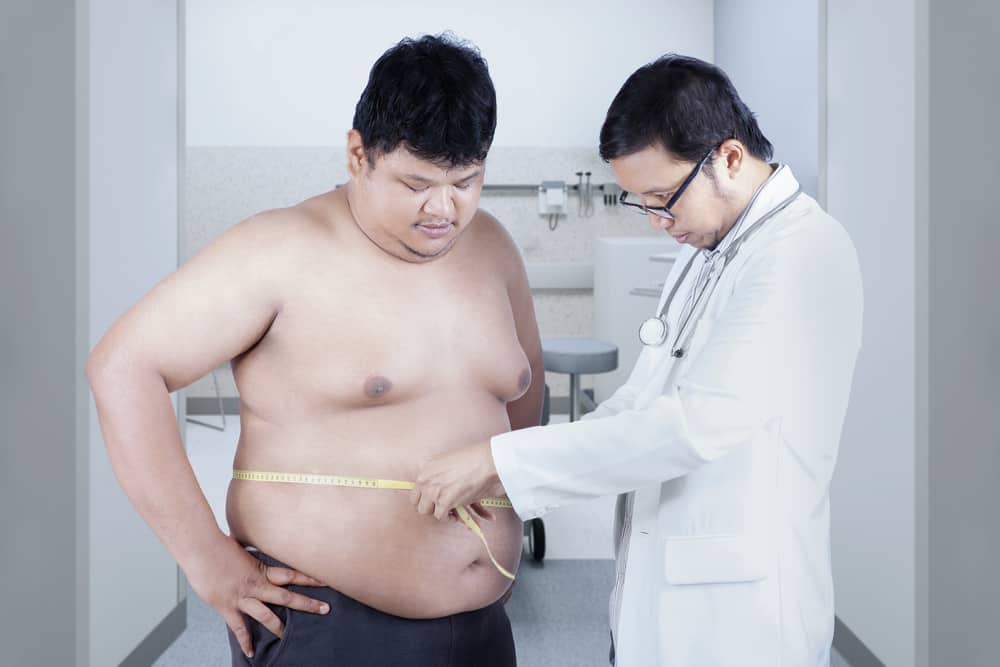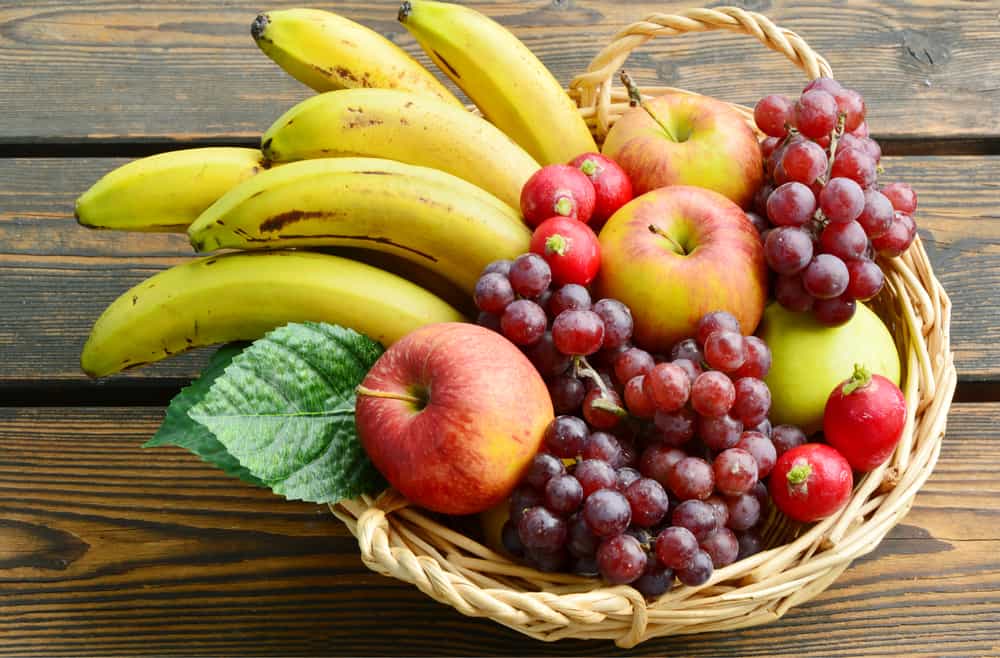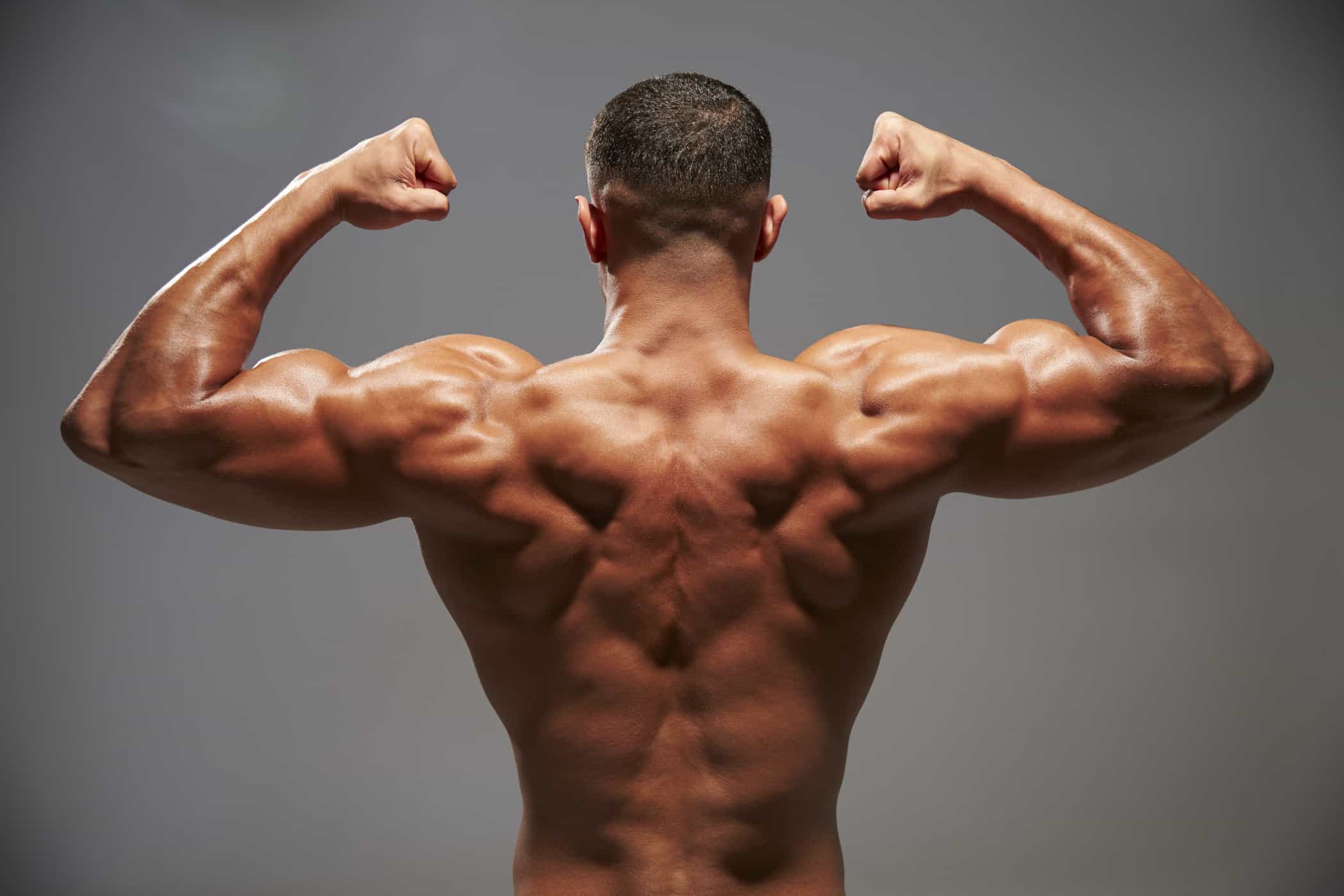Contents:
- Medical Video: Osteoporosis Exercises for Spine Strength and Posture
- Why is it important to maintain bone health?
- How to maintain bone health in old age?
- 1. Stay active in old age
- 2. Sufficient calcium intake
- 3. Enough for vitamin D needs
- 4. Sufficient protein intake
- 5. Stop smoking and limit alcohol consumption
Medical Video: Osteoporosis Exercises for Spine Strength and Posture
Health can decline in old age, including bone health. This is why in old age, many people complain about the density and strength of their bones decreases so that it is easily porous. But don't worry, you can still do something to maintain bone health in old age.
Why is it important to maintain bone health?
You need to know, bones keep changing. Old bones will be destroyed and then new bones will be formed again. At a young age, bone formation runs faster than bone destruction, so bone mass and bone density increase. This will peak at around 30 years old.
However, after that bone formation runs slower so that you will experience loss of bone mass little by little. If your lifestyle is not maintained since a young age, then losing bone mass can be even greater. As a result, your bones are easily porous and fragile in old age. It is likely that you have a broken bone because a fall can be greater if your bones are porous and fragile in old age.
How to maintain bone health in old age?
Afraid of your bones being porous? Calm down, even though you are old now, but there are some things you can still do to strengthen your bones. Anything?
1. Stay active in old age
Physical activity is one of the things that affects the strength of your bones. The more you actively engage in various activities, the more density and strength of your bones. Therefore, even though you are old, try to stay active so that bone health in the elderly is maintained.
Indeed, sometimes problems such as pain and stiffness in your own make you experience limitations for activities. But being quiet also makes your muscles and bones lose strength. So, it's best to keep on doing what you can. No need to exercise hard, just a light one is enough, for example walking or jogging.
For optimal health, you who are over 65 years old are advised to exercise at a moderate level of 150 minutes per week or around 20 minutes per day. Avoid sitting too long. This will only reduce the strength of the bones and muscles, and make joints stiffer. If you have been sitting for more than 20-30 minutes, you should wake up and walk.
How do you exercise if you already have osteoporosis?
Osteoporosis or bone loss actually does not prevent you from staying active. You can still do various activities at a light level. Walking and doing homework can be your sport. However, you should be careful in doing work, especially those involving your spine. Avoid bending and lifting heavy objects.
2. Sufficient calcium intake
Calcium is an important mineral needed for bone formation. Not surprisingly, your daily calcium requirement is still quite high in old age, which is 1000 mg. If your eating habits are bad, maybe this need will be difficult for you to fulfill. For that, you should change your eating habits for the better.
You can get calcium from various foods, such as milk, cheese, yogurt, almonds, green vegetables (such as broccoli, pokcoy, kale), fish with bones (such as sardines, anchovy, salmon), calcium-fortified orange juice, and fortified cereals calcium.
3. Enough for vitamin D needs
Vitamin D is also an important nutrient that you need enough, because vitamin D plays a role in helping the body absorb calcium. You can get vitamin D from sun exposure. Walking in the morning and allowing your body to be exposed to the sun for at least 10-15 minutes, might be a good way.
In addition, vitamin D can also be obtained from food, such as sardines, salmon, tuna, liver, eggs, and milk. The recommended vitamin D intake per day for those of you 65 years and over is 20 mcg.
4. Sufficient protein intake
In addition to calcium and vitamin D, other nutrients that are important for you are enough so that bone and muscle health is maintained is protein. Low protein intake can increase the risk of hip fracture in old age. In addition, protein is also needed to build and repair damaged cells.
5. Stop smoking and limit alcohol consumption
Smoking and consuming alcoholic beverages can reduce bone mass and increase the chance of fractures. In addition, smoking can also affect your overall health. For this reason, you should start to stop smoking and drinking alcoholic beverages so that bone health in the elderly is maintained.

